#Rebecca the Musical
Text
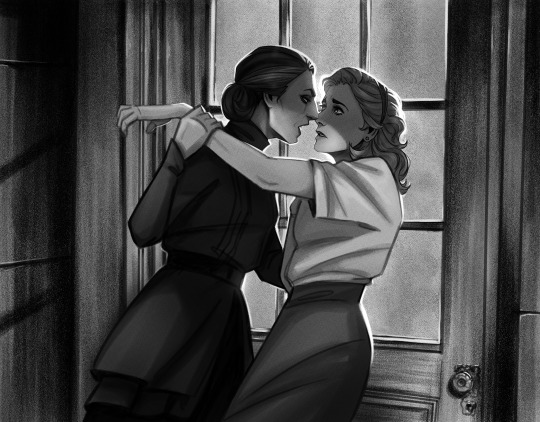
"Für mich gibt es auf dieser Welt nur eine Mrs. de Winter."
#rebecca das musical#rebecca by daphne du maurier#rebecca the musical#mrs danvers#danvich#roman does art#willemijn verkaik danny + joan fontaine ich is my dream pairing for these two tbh#my mind is expanding at the thought#'one time my boss brought home a new wife and I didn't realise I was gay I just thought I hated her guts'#'so i wrote her a letter that just said GET OUT OF MY MANSION'
903 notes
·
View notes
Text
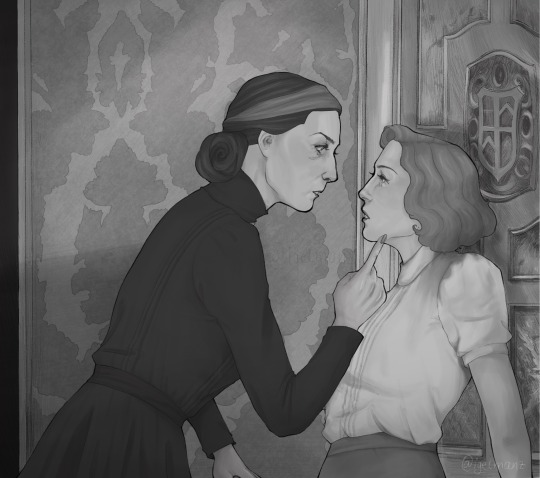
Angry Danny? ANGRY DANNY!!!
#Rebecca#rebecca musical#rebecca das musical#mrs danvers#mrs de winter#danvich#rebecca the musical#rebecca daphne du maurier#rebecca 1940#joan fontaine#willemijn verkaik#art#fanart#I’m actually so glad I finished this#Danny’s grey streak singlehandedly makes me more gay
85 notes
·
View notes
Text
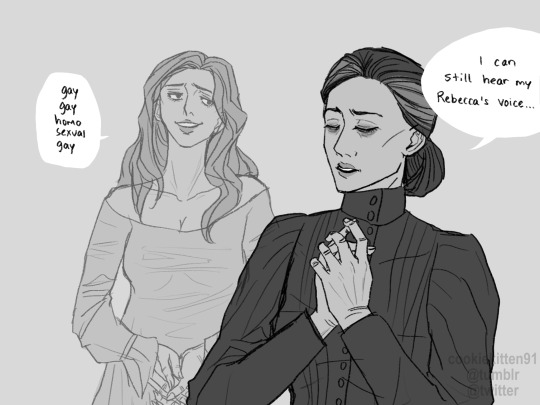
Her voice
#rebecca das musical#Rebecca#rebecca the musical#mrs danvers#danbecca#cookiekittenart#mrs. danvers#h…has this meme been done before for Rebecca?#willemijn verkaik#i forgot danny's brooch whoops#rebecca de winter
143 notes
·
View notes
Text




#Michael Kunze#Elisabeth das Musical#Elisabeth the Musical#Tanz der Vampire#Dance of the Vampires#Rebecca das Musical#Rebecca the Musical#My Memes#Memes#Musical Theater#Source: The Simpsons#Niche Memes
100 notes
·
View notes
Text
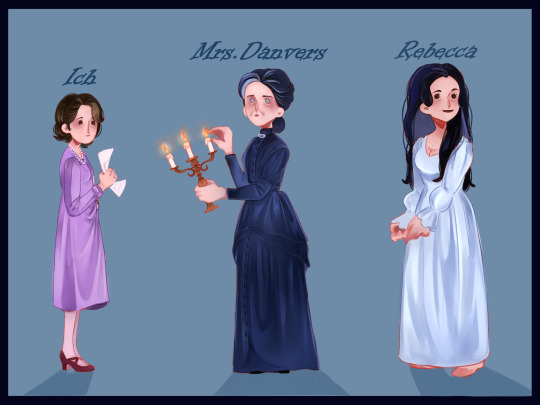
First image of a project that will be posted in early June if all goes well. Here's a sneak peek with Rebecca, Danny and Ich (drawn in the style of artist symphony_sonata, whom I really admire).
@gwouinaelle @aliesafenlock
#rebecca#mrs danvers#rebecca das musical#surprise surprise project#ich is so cute#willemijn verkaik#natasha o'keeffe#Lauren Jones#rebecca daphne du maurier#rebecca the musical
62 notes
·
View notes
Text
"She's not a monster. She's a heartbroken woman living in a time that doesn't suit her."
- Kara Lane on Mrs. Danvers, Rebecca the musical, London 2023 (x)
#rebecca das musical#rebecca london#rebecca musical#mrs danvers#rebecca the musical#HER TAKES ARE SO CORRECT#she never misses I swear#I can't link to an Instagram story#so here's a link to her profile instead#merina rambles
119 notes
·
View notes
Text


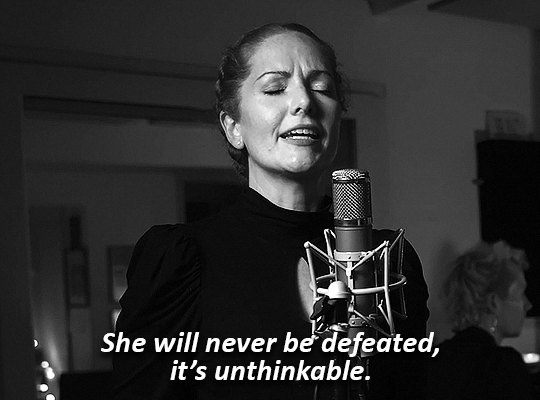
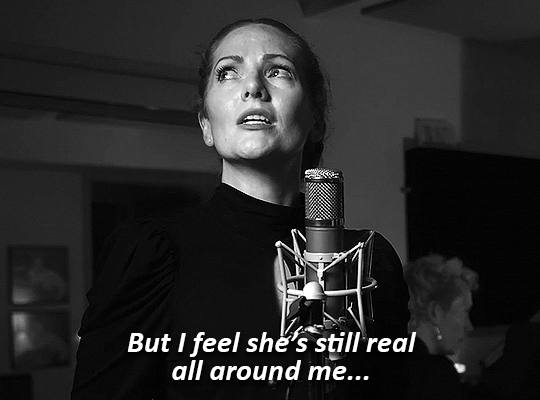
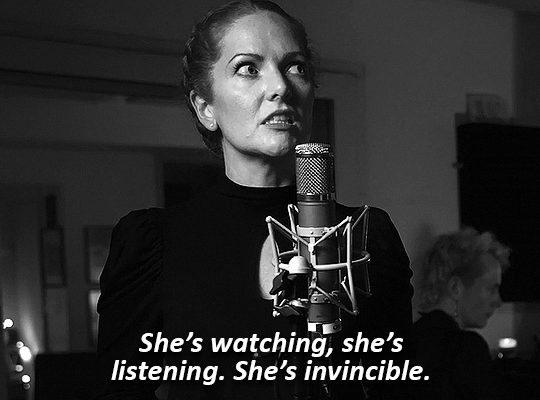

kara lane as mrs danvers
#rebecca#rebecca musical#rebecca the musical#rebecca das musical#kara lane#mrs danvers#musicals#musicaledit#musicalgifs#theateredit#theatreedit#musicaltheateredit#musicaltheatreedit#european musicals#carmella's edits#descriptions in alt text#my toxic trait is that i think mrs danvers is so so hot
113 notes
·
View notes
Text
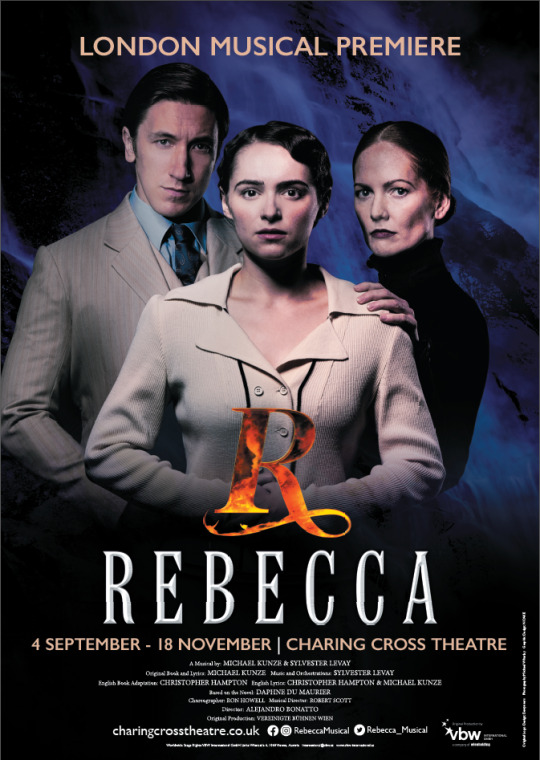
Based on Daphne Du Maurier’s 1938 novel, by Michael Kunze and Sylvester Levay, two of the most successful German-language musical theatre creators, ‘Rebecca’ has already captivated more than two million people worldwide in hugely successful productions in 12 countries and 10 languages.
‘Rebecca’ had its world premiere at VBW’s Raimund Theater in Vienna, Austria, in September 2006, where it went on to play to sold-out houses in three seasons, and where it is currently enjoying a hugely successful revival.
Richard Carson (Maxim de Winter) has appeared in several major West End musicals including‘Les Miserable’s, ‘Joseph and the Amazing Technicolor Dreamcoat’, ‘Mamma Mia!’ and ‘Miss Saigon’.
Lauren Jones (Second Mrs de Winter) recently appeared in the West End production of ‘Bonnie & Clyde’ as Trish and alternate Bonnie.
Kara Lane (Mrs Danvers) was Alice in ‘The Addams Family - the Musical Comedy’, Winifred Banks in ‘Mary Poppins’, Reno Sweeney in ’Anything Goes’ at Kilworth House, ‘Mary Magdalene’ in Jesus Christ Superstar’ and Magenta in ‘The Rocky Horror Show’.
The rest of the cast are: Alex James-Ward, Piers Bate, Sarah Harlington, David Breeds, Amanda Minihan, Neil Moors, Nicholas Lumley, Nigel-Joseph Francis, Elliot Swann, Scott McClure, Emily Apps, Melanie Bright, Gail MacKinnon, Tarisha Rommick, James Mateo-Salt, Rosie Glossop.
Rebecca will play a strictly limited engagement from 4 September – 18 November 2023.
[Source: Charring Cross Theatre Newsletter]
81 notes
·
View notes
Text
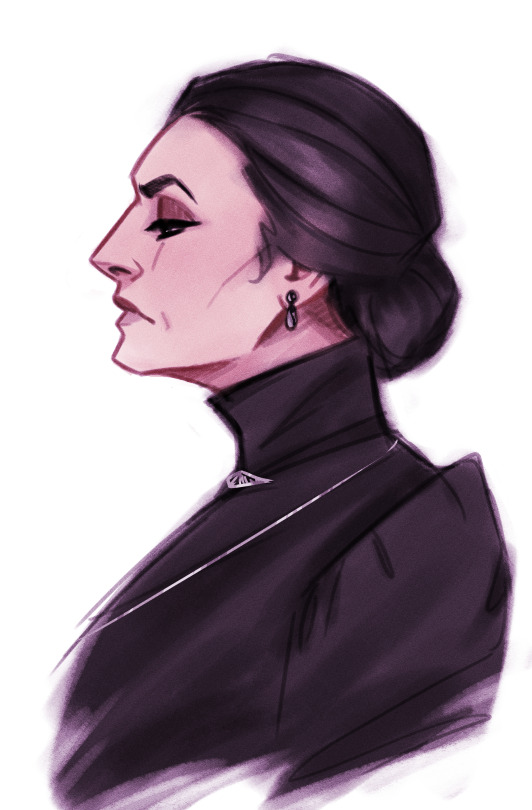
"Kein Mann konnte für sie je wichtig sein / diese Art von Liebe gab ihr nichts."
#rebecca#willemijn verkaik#rebecca the musical#mrs danvers#roman does art#daphne du maurier#rebecca das musical
560 notes
·
View notes
Text
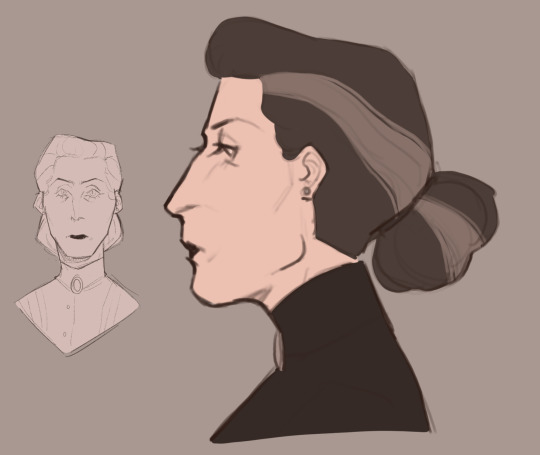
Danny doodles👍👍
41 notes
·
View notes
Text

Mrs. Danvers
#rebecca das musical#rebecca#mrs danvers#mrs. danvers#willemijn verkaik#took a lot of inspiration from roman’s art too lmao#cookiekittenart#rebecca the musical#might draw some danvich later#i have a type and it's unsettling women dressed in conservative dark clothing with their hair pulled into a bun
89 notes
·
View notes
Text
*Please don't repost outside tumblr*
77 notes
·
View notes
Text
From Kara Lane’s stories
#shes so right#how do we have the same take on the character??#lonbecca#kara lane#mrs danvers#rebecca london#Rebecca#rebecca the musical
54 notes
·
View notes
Text
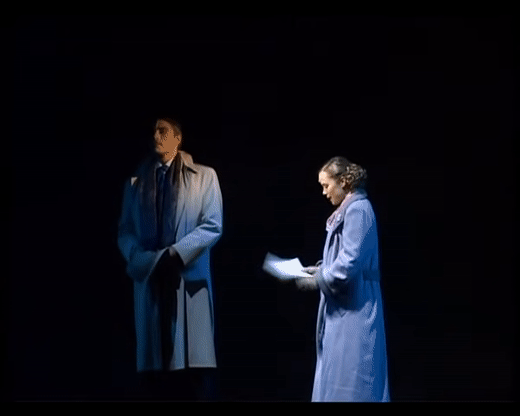

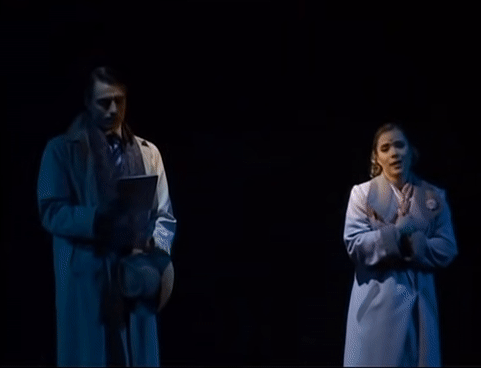
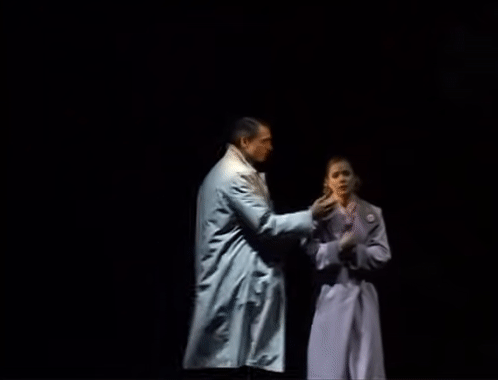
Szabó P. Szilveszter and Vagó Zsuszi in Rebecca: A Manderley-ház asszonya
#posting bc i feel like i haven’t been posting a lot here lately and this has been sitting in my drafts forever#ok but can we talk about how tentative and respectful his Maxim is ???#other actors go full on tonsil hockey#but in the book it’s implied it’s her first kiss !!!!!#theyre probably my favorite pair#and part of that is because he actually seems older than her#not even necessarily the actors real ages but the way the dynamic is#maybe when I’m not super lazy I’ll make a whole post about it#ANYWAY#szabó p. szilveszter#vagó zsuszi#rebecca the musical#rebecca das musical#Rebecca A Manderley-ház asszonya
41 notes
·
View notes
Text
Propelled chiefly by last year’s London production, I have written a (rather) long form piece to do with Rebecca the Musical. Though focusing mainly on this eventual and heavily expectant premiere of the English production of the musical, discussion relates also to the original and other iterations of the show, and musicals more generally, too.
The piece is anchored by the central theme of insatiability while looking in turn at:
the process of tracing the evasive histories of character representations and theatrical productions over many decades – including also flickered and largely forgotten records of the play and opera forms of Rebecca, and the “apparitional”, equivocal lens that queer female sexuality is handled with across large spans of time
decoding evidence of sparse, if periodically rather dire, female queerness in theatrical, musical contexts – guided by the disciples of dykeish dissatisfaction in the musical’s character of Mrs Danvers or the story’s primary author of Daphne du Maurier herself
considering what it means to exist as an audience member responding in situ to (principally female) performers with thrilling voices, both in and outside an auditorium, and the delicate but frequently under-discussed predicament of queer female diva devotion.
Take a look if you're interested!
In further expansion of photographic documentation of each of the examined stage-based, theatrical iterations of Rebecca, more images are presented below.
Discussion originates from the existence of the 2023 English premiere production of Rebecca the Musical at the Charing Cross Theatre in London, where cast principals included Kara Lane as Mrs Danvers (alternated by Melanie Bright), Lauren Jones as I (the new Mrs de Winter), and Richard Carson as Maxim. Photos by myself.
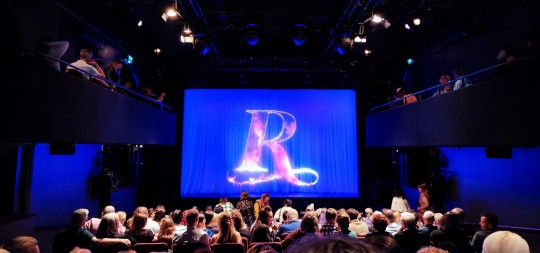


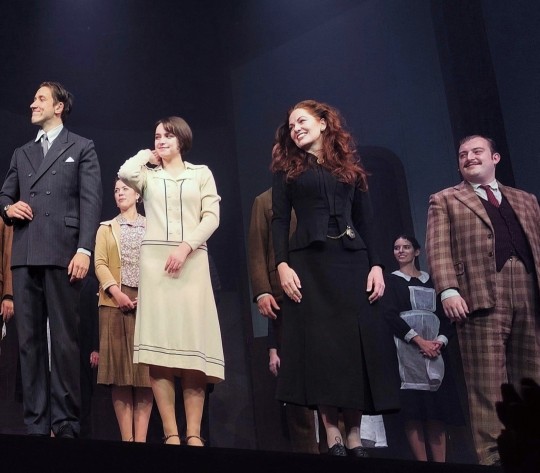
The first stage production of Rebecca arose much earlier, concerning the 1939 play by the same name at the Queen’s Theatre on Shaftesbury Avenue (now The Sondheim Theatre). Daphne du Maurier herself wrote its script. Margaret Rutherford played Mrs Danvers, Celia Johnson was the new Mrs de Winter, Owen Nares appeared as Maxim. The Queen’s Theatre was bombed in 1940 during WWII at the time of Rebecca’s occupancy, becoming the first theatre in London to be hit by a wartime bomb, and bringing to an immediate premature close the show’s successful run - and highlighting earlier associations of this story's connection to tumultuous tales and dramatic events in histories of it's staging, as the attempted primary stagings of the English musical iteration would later return to.
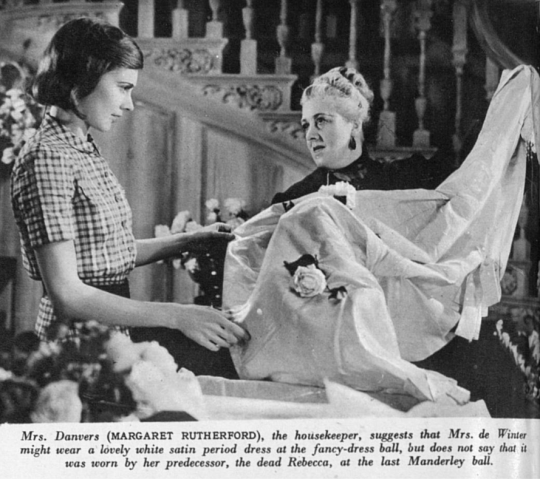



Photos from this first theatrical, London production include those by Angus McBean from a periodical spread entitled ‘Mystery and Murder in Stately Cornish Home - Dramatic Moments of Du Maurier’s “Rebecca.”’, published in The Sketch (vol. 190), May 1940.


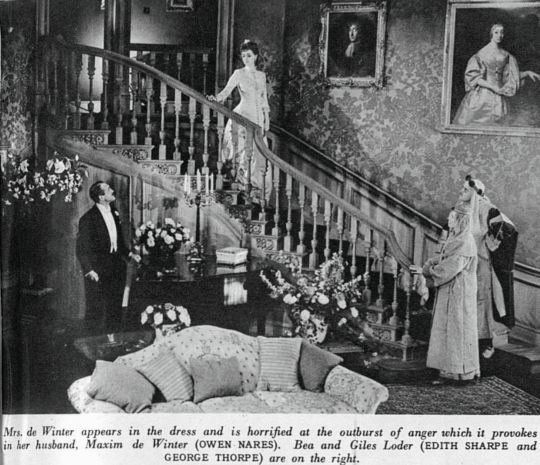

The play also then appeared on the road in America, and subsequently on Broadway in 1945 at the Ethel Barrymore Theatre for a fleeting 20 performances; and of this entity, record remains even more scarce. Cast principals included: Florence Reed (Mrs Danvers), Diana Barrymore (the new Mrs de Winter), Bramwell Fletcher (Maxim).
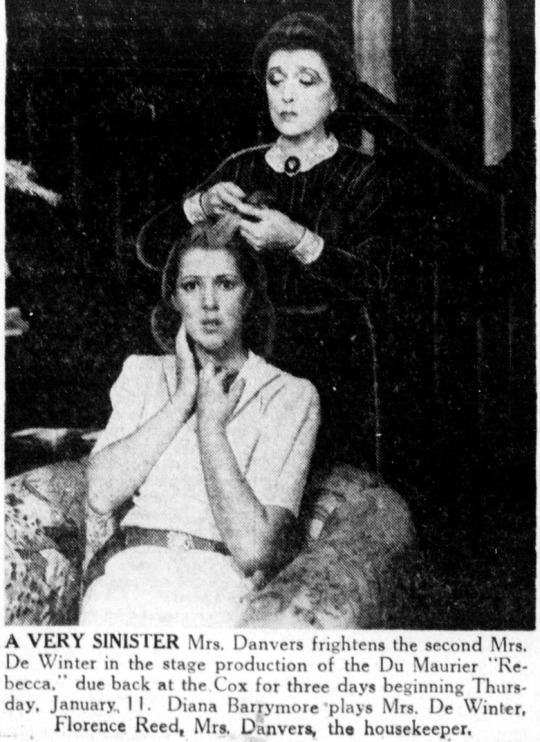
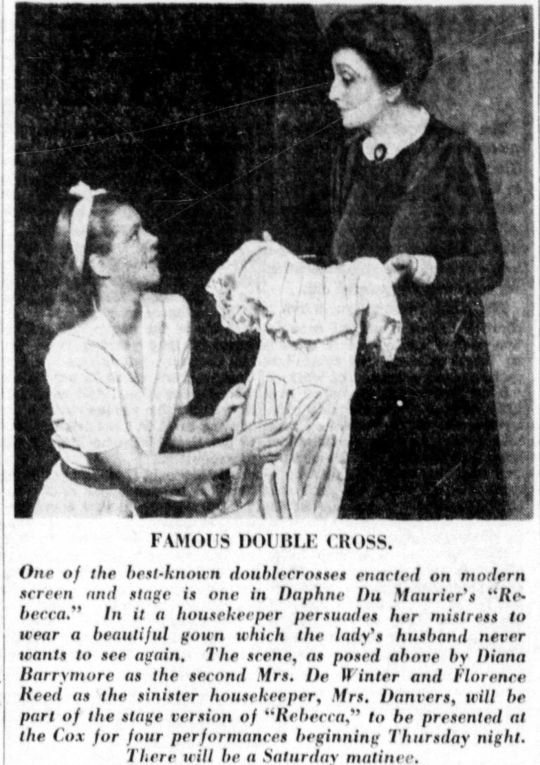


The next and last distinct adaptation of Rebecca to appear on stage before the musical was the 1983 opera production devised for Opera North, with music by Wilfred Josephs and libretto by Edward Marsh. It toured the UK before being revived briefly in 1988 and never seen again. Cast principals included: Ann Howard as Mrs Danvers, with Gillian Sullivan and later Anne Williams-King as the new Mrs de Winter, and Peter Knapp as Maxim.
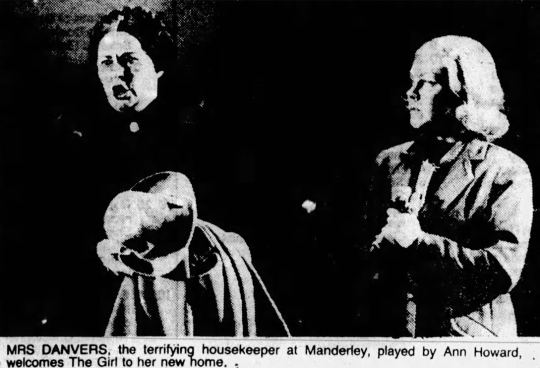
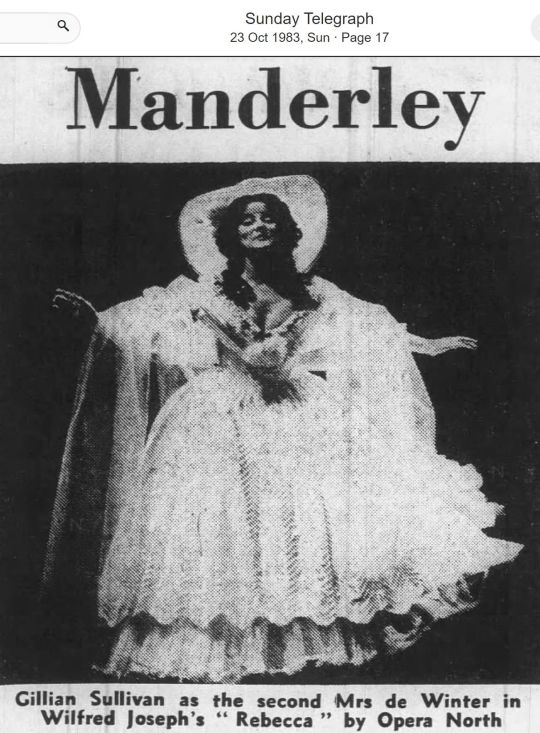
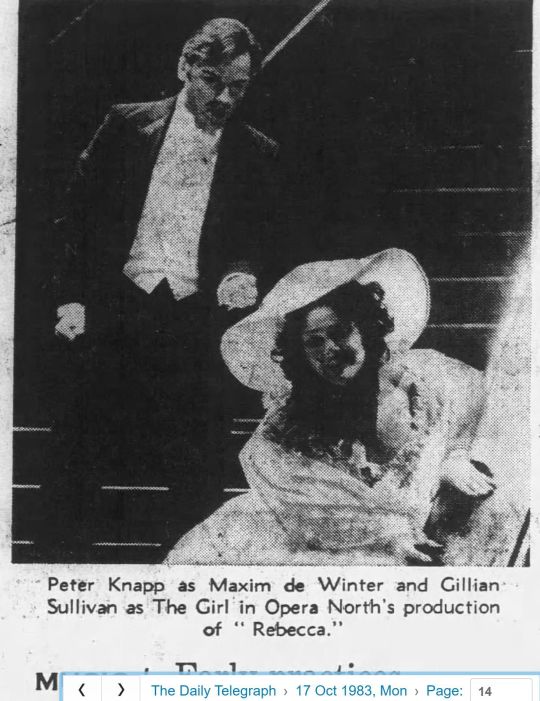
Finding these few, historic photographs in obscure newspapers or consulting original scripts and librettos, for instance, in libraries and archives during this effortful and active treasure-hunting felt special and rewarding. But possible reconstruction of these stage iterations in the present day is only incompletely possible, because of reduced ease of access to or apparent remaining visceral evidence of a visceral art form.
The frustration in trying to seek out these apparitional traces not only foregrounds the importance of maintaining accessible, comprehensive primary records within the theatre, but mirrors also the act of trying to seek out records of queer female sexuality across history in works of literature, cinema or theatre, as a process typified by a similarly effortful navigation of apparitional erasure. This facet connects with the notion that consideration around Rebecca entangles with a web of insatiability or dykeish dissatisfaction, a web that stretches from this erasure and liminality of representation, to character constructions within the work – including of its infamous housekeeper, Mrs Danvers, to contextual backgrounds like those of the story’s primary author itself, Daphne du Maurier.
The entity of Rebecca, then, across its many themes, productions and decades, is uniquely useful in the way it can in turn encompass and facilitate explorations of these many facets – being capable of simultaneously holding consideration of these expansive webs of documentation, erasure or dykeish dissatisfaction that can be found lurking in historical margins, as well as also the contrasting luminous energy that can be produced in the present in association with the musical, as physical audiences interact with and respond to the material of the show and its performers within theatres in real time. These considerations have transferrable applicability beyond this singular context of this particular show to more general notions of theatrical pieces and the practice of theatregoing, too, as they foreground the question of how audience members respond to, process, and interact with shows; and, as a matter of far less common discussion or scholarly writing on the subject of diva devotion, how female fans specifically navigate the complex predicament of queer, female, performance-driven high regard.
#rebecca the musical#rebecca das musical#rebecca#mrs danvers#ich#the new mrs de winter#daphne du maurier#lonbecca#rebecca london#kara lane#willemijn verkaik#musical theatre#musicals#terry castle#wayne koestenbaum#the apparitional lesbian#theatre
20 notes
·
View notes
Text
lauren jones and kara lane / charing cross theatre, 17 november 2023 (evening)
48 notes
·
View notes